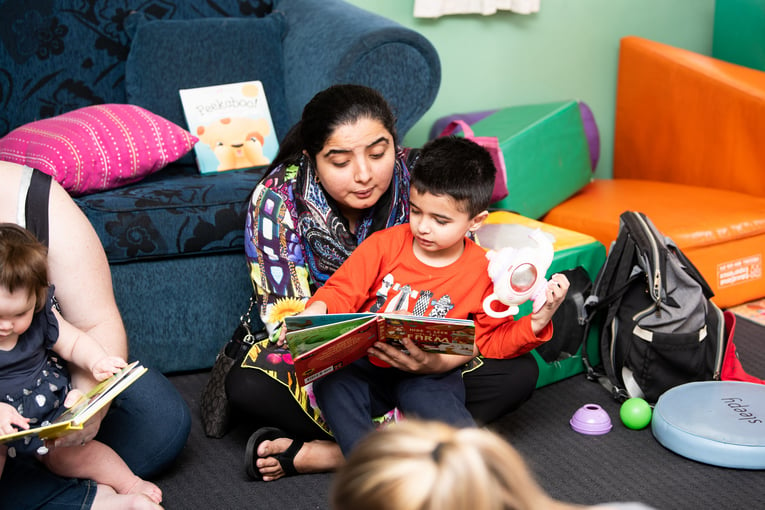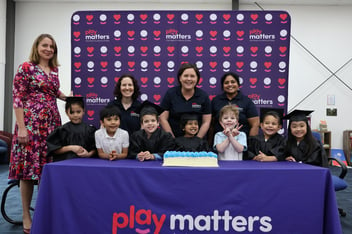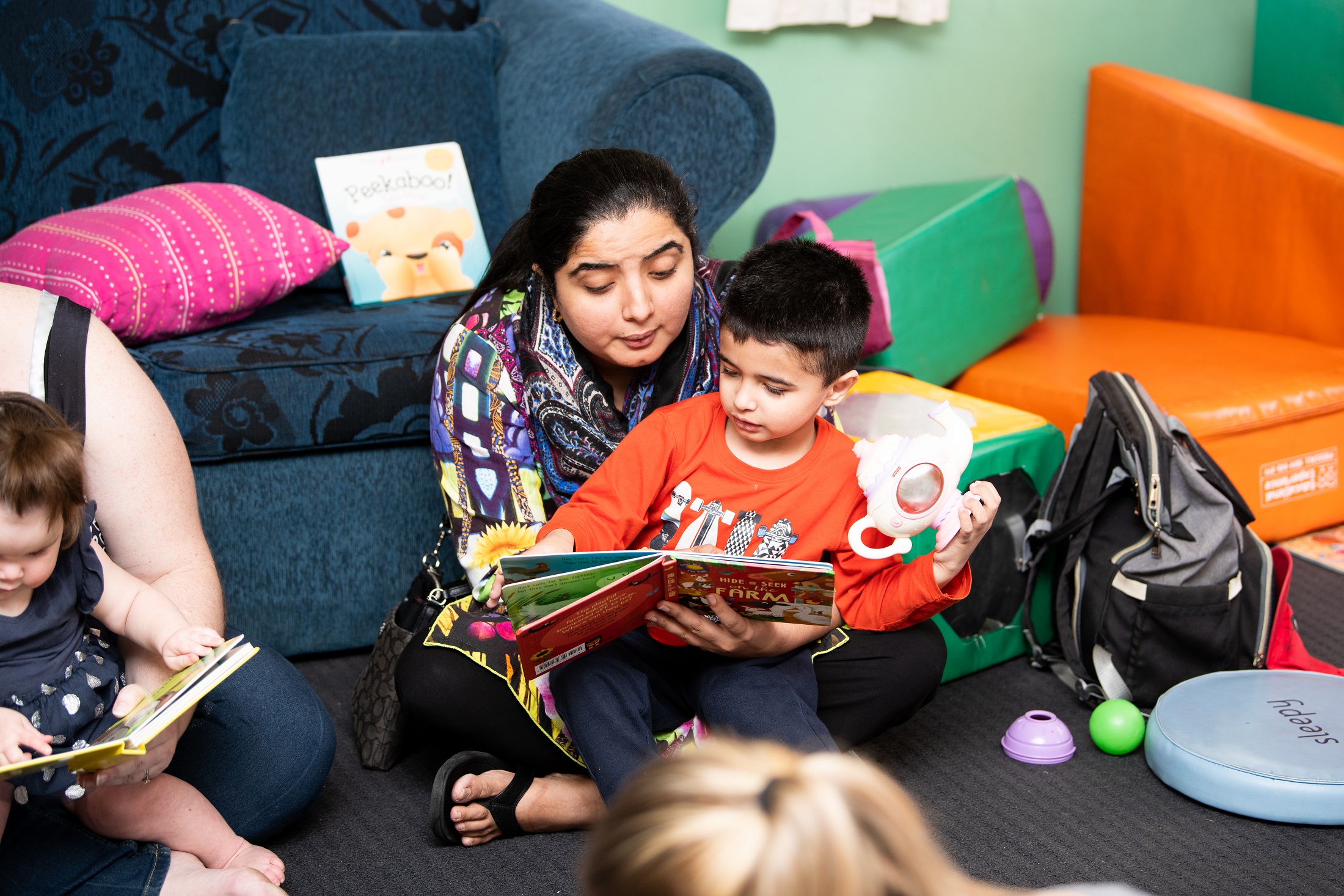“The more that you read, the more things you will know. The more that you learn, the more places you’ll go.” – Dr Seuss.
As Dr Seuss so eloquently wrote, reading – or being read to – takes children to new places, particularly in terms of their development!
Research has found that when parents read to their children, they engage in sensitively tuned and language-rich interactions that foster the development of emergent literacy.
What is Emergent Literacy?
Emergent literacy refers to the skills and knowledge that children develop prior to learning more conventional reading and writing.
• Print awareness – Following words on a page from left to right and turning the page.
• Vocabulary – Identifying different objects, feelings, and sensations by name.
• Phonological awareness – Recognising the smaller sounds in words or sentences.
• Letter recognition – Knowing letter names and sounds.
• Print motivation – Having an interest in books.
• Narrative skills – Ability to describe a series of events.
Emergent literacy skills developed prior to school entry, predict reading achievement over the long term. This was demonstrated in a five-year longitudinal study on children’s reading achievement that found emergent literacy skills directly predicted decoding ability at the end of year 1, which in turn predicted reading level in year 3.
Furthermore, research has found that children with strong foundational literacy skills thrive academically across the board at school, not just in language and reading.

Numeracy and Cognition
An Australian study found that children who were read to more frequently before starting school, scored higher on the National Assessment Program – Literacy and Numeracy (NAPLAN) tests for both reading and numeracy when in year 3. Parental reading has been identified as a low-cost early-life intervention that increases children's cognitive skills, seemingly benefitting them throughout the rest of their lives.
Those results indicate a direct causal effect of reading to young children and their future schooling outcomes, regardless of parental income, education level, or cultural background.
Parent-Child Bond
Reading aloud is a shared and engaging experience, beneficial for building a secure parent-child bond. Quality, individual time with a parent or carer can strengthen a child's attachment and build their self-esteem.

Conversational Reading
Conversational reading is an evidence-based teaching and learning strategy and an element of the Abecedarian Approach. Focused on building a strong foundation for development through serve-and-return interactions, this strategy involves three simple steps: see, show, and say.
See
• Point to and name objects in illustrations or words in the text
Show
• Ask children to show you parts of the book
Say
• Invite children to answer in words, taking it a step further than pointing






